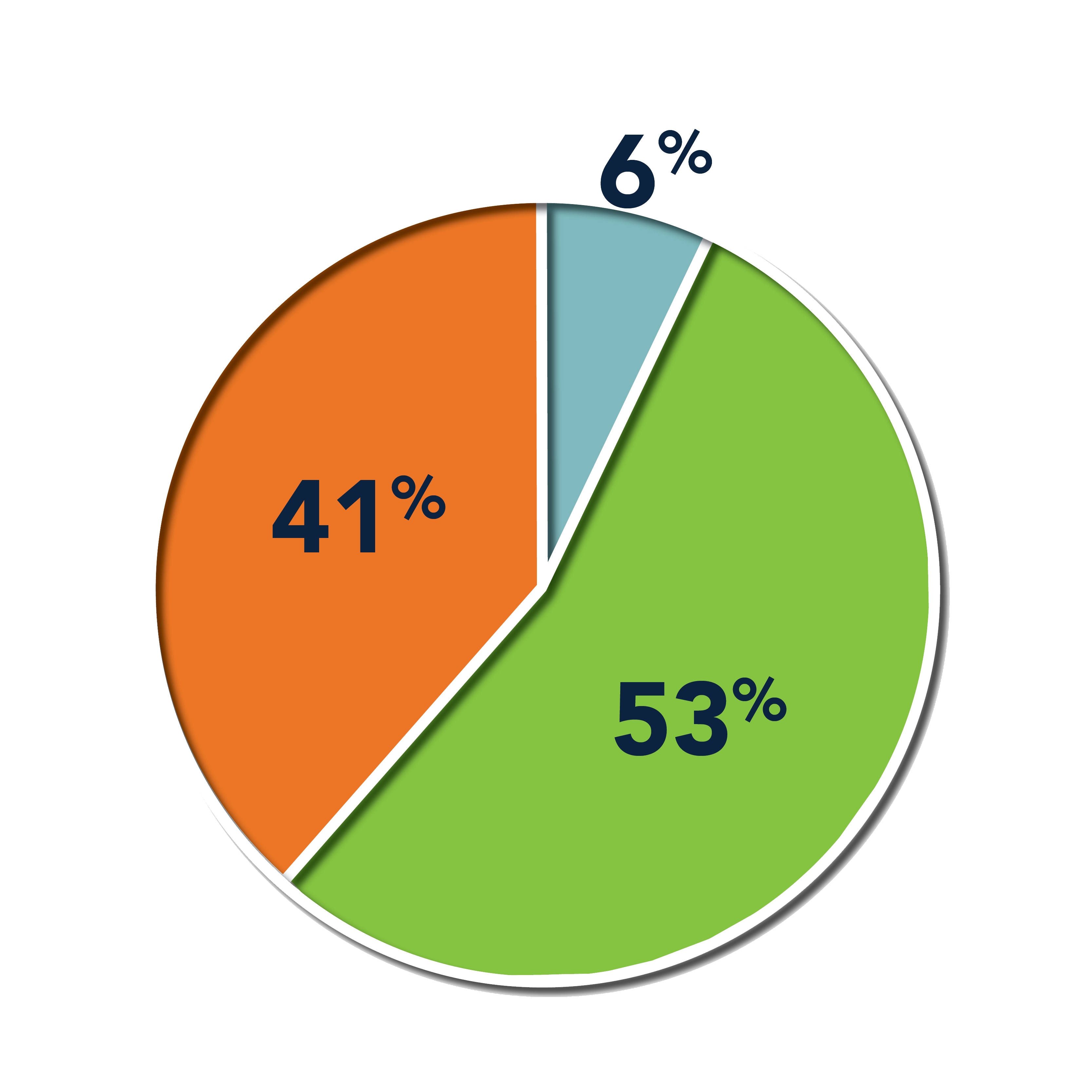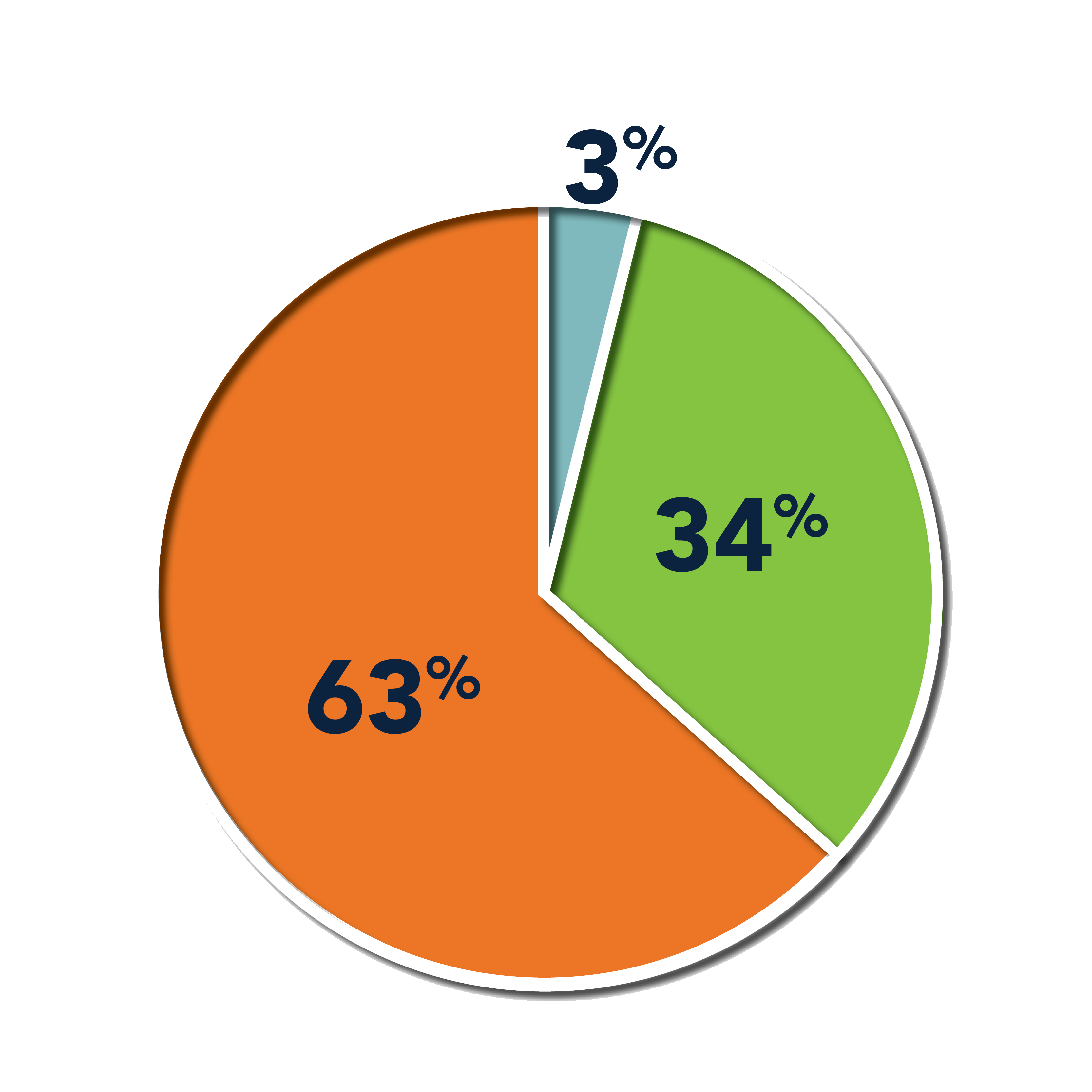
To evaluate the strength of an Auburn education and measure student's successful achievement of the Core Curriculum Student Learning Outcomes, graduating seniors will take the SCORE (Student Core Outcomes and Readiness Evaluation) the semester prior to graduating. The results of the SCORE help to establish the weight of an Auburn degree in the eyes of prospective employers and admissions committees.

The Core Curriculum serves as the foundation of an Auburn University degree. Transcending majors and fields, the Core Curriculum develops skills that help prepare students for a career after graduation by fostering knowledge, skills, and perspectives.
The Core Curriculum is an opportunity to diversify your academic experience and serves as an introduction to Auburn University’s General Education Student Learning Outcomes, which are later reinforced through major courses, work experiences, and participation in activities and organizations on campus.
In order to become lifelong learners and use a student’s education to solve practical problems, by the time of graduation, students will be able to effectively:
Identify relevant sources for specific information needs and use appropriate search tools and search strategies to access the needed information.
Recognize research and inquiry as iterative processes and recognize the contributions of scholarly communication and other information sharing networks to the creation of new knowledge.
Apply their knowledge of the capabilities and constraints of information developed through various creation processes when assessing the alignment of information products and information needs and apply knowledge of the constructed and contextual nature of authority when evaluating the credibility of claims.
Recognize that information possesses value and that legal, social, and economic factors influence information production, dissemination, and access and deploy this understanding to make informed and ethical decisions about how they access and use information.
Identify the genre of the text, make reasonable inferences about its central purpose or argument, define its key components, and show how the writer uses these to reach a conclusion or create meaning or impact.
Engage the text dialogically, questioning its premises, identifying its limitations, or advancing alternative perspective.
Construct a strong, well-reasoned argument by determining which conclusion is supported by the strongest evidence.
Use arithmetic, algebraic, geometric, and statistical methods, to demonstrate mathematical skills sufficient to interpret and critically evaluate quantitative information presented in news and other reports published for general audiences.
Perform calculations with integers, fractions (rational numbers), decimals, ratios, and percentages.
Interpret and represent quantitative or symbolic models such as formulas, graphs, tables, and charts, and draw inferences from them.
Analyze contexts and audiences and then act on that analysis in comprehending and creating texts.
Analyze, synthesize, interpret, and evaluate ideas, information, situations, and texts.
Recognize and use multiple strategies, to conceptualize, develop, and finalize projects.
Recognize formal rules and informal guidelines that define genres, and shape readers’ and writers’ perceptions of correctness or appropriateness.
Compose text using a range of media.
Group and sequence ideas and supporting material in a presentation.
Employ language appropriate to the topic and audience that is grammatical, clear, and free from bias.
Stand and move with authority, look more often at the audience than at his/her speaking materials/notes, use their voice expressively, and use few vocal fillers (“um,” “uh,” “like,” “you know,” etc.).
Include credible and relevant supporting material.
Articulate a clear central message that is easy to identify and compelling.
Have knowledge of historic economic, political, or social systems around the globe.
Analyze the relationship of historical economic, political, or social systems to the creation of the current global structures.
Describe how current economic, political, or social systems are interconnected.
Approach diversity and inclusion with a positive cultural orientation, tolerance for ambiguity, and cultural self-efficacy.
Analyze intercultural situations through self-awareness, social monitoring, and application of cultural knowledge.
Act appropriately in intercultural situations by employing behavioral and emotional self-regulation.
Recognize sound science (this includes the ability to evaluate good and bad data).
Draw conclusions and solve problems based on data, observations, and graphs (deduction).
Use models to predict outcomes.
Define and apply methodologies to investigate the products of the creative process (Product).
Define and apply methodologies to investigate the creative process through the study and/or participation in the production of art, design and other areas of creative practice (Process/Practice).
Define and apply methodologies to investigate and interpret information related to the historical, cultural, and other contexts of creative works, and subsequent and ongoing impact.

This one-hour evaluation allows Auburn to gather evidence to document the strength of an Auburn education. This evaluation is conducted in Biggin Hall or remotely through Canvas. Information to complete the SCORE can be found on the student’s Canvas course page during the semester the student is enrolled.
Available in the first half of the semester
In 2021, all graduating students were assigned to take the Threshold Achievement Test of Information Literacy (TATIL; Carrick Enterprises), which is aligned to Auburn University’s SLO A: “In order to become lifelong learners and use their education to solve practical problems, by the time of graduation, students will be able to effectively… locate, evaluate, and use information.” 99.2% of graduating students completed the SCORE.
Module 1 “Evaluating Process and Authority” was administered to both incoming AND graduating students. Module 1 tests our students’ ability to:
Learn more about how performance on the TATIL is categorized.


